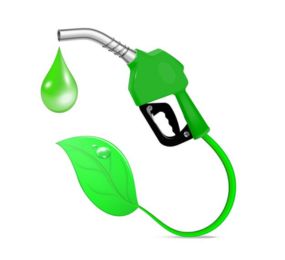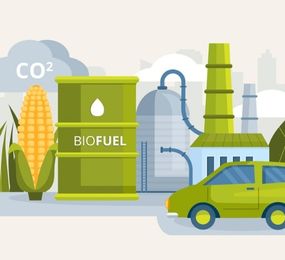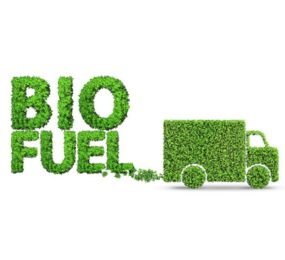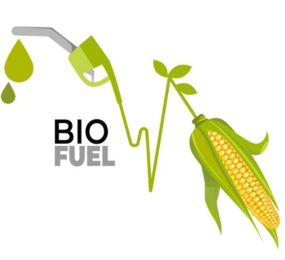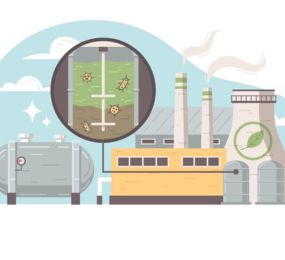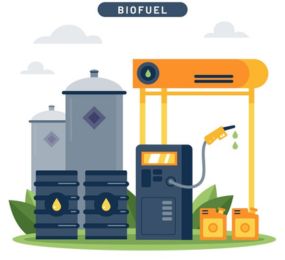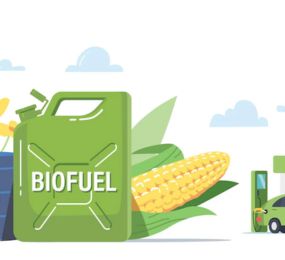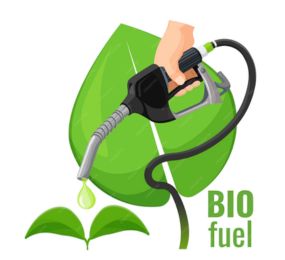In our quest for sustainable and environmentally responsible solutions, biofuels technology has emerged as a key driver in building a bioeconomy. A bioeconomy is an economic system that harnesses biological resources, such as plants, microorganisms, and waste materials, to create a wide range of products, including biofuels. Here, we explore the vital role that biofuels technology plays in shaping the future of the bioeconomy.
1. Reducing Carbon Footprint: Biofuels, particularly advanced biofuels, have the potential to significantly reduce carbon emissions when compared to traditional fossil fuels. By incorporating advanced technologies in the production of biofuels, we can promote a cleaner and more sustainable energy source, thereby lowering our carbon footprint.
2. Resource Utilization: Biofuels technology enables the utilization of a diverse range of feedstocks, including agricultural residues, algae, and waste materials. This helps optimize resource use and minimizes waste, contributing to a more efficient and sustainable bioeconomy.
3. Energy Security: By diversifying our energy sources with biofuels, we reduce our dependence on fossil fuels, promoting energy security. Advanced biofuels can be produced locally from a variety of feedstocks, reducing vulnerability to global energy supply disruptions.
4. Economic Growth: Biofuels technology spurs economic growth by creating jobs in the production, distribution, and research and development of biofuels. The bioeconomy not only addresses environmental concerns but also contributes to economic development.
5. Innovation and Research: The development of advanced biofuels relies on cutting-edge research and innovation. Biofuels technology pushes the boundaries of what is possible in converting organic materials into valuable energy resources, fostering a culture of scientific discovery and technological advancement.
6. Waste Reduction: Advanced biofuels can be produced from waste materials, reducing the burden on landfills and promoting the efficient use of resources. This minimizes environmental degradation and supports sustainable waste management.
In conclusion, biofuels technology is a pivotal component in the transition toward a bioeconomy. By harnessing the potential of biofuels, we can reduce our carbon emissions, enhance resource utilization, promote economic growth, and bolster energy security. As technology continues to advance, the role of biofuels in building a sustainable and resilient bioeconomy becomes even more significant, contributing to a greener and more prosperous future.
To register or learn more about the Forum please check here: https://bit.ly/3JyelAm
For more information and group participation, contact us: [email protected]


